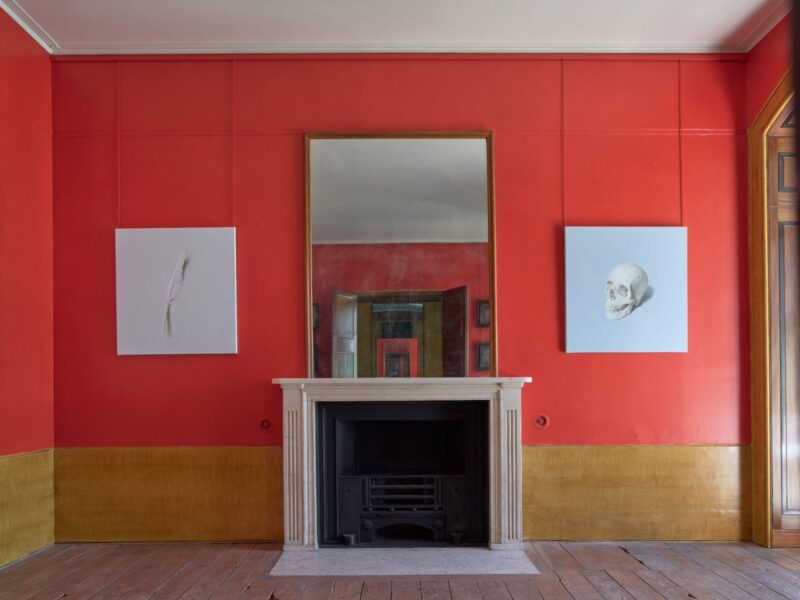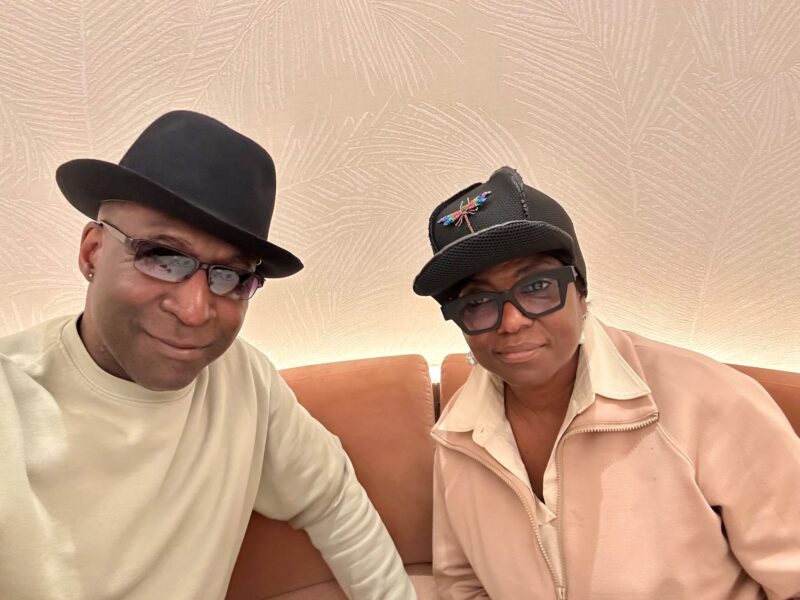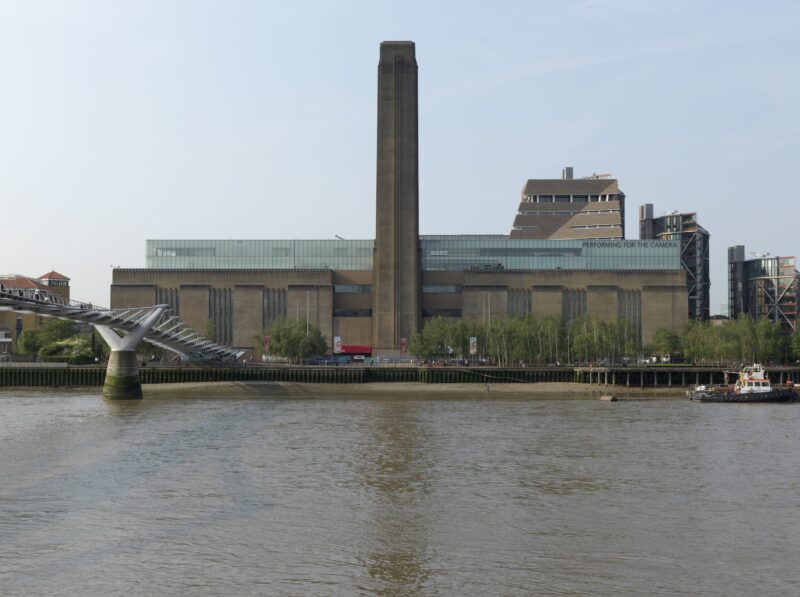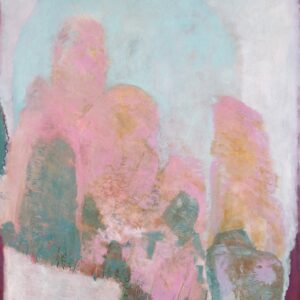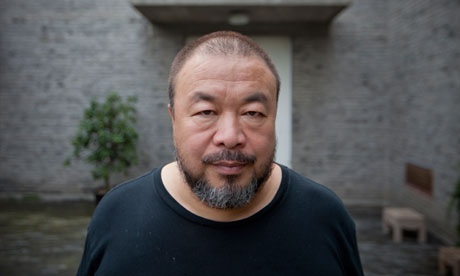
Artist Ai Weiwei, photographed in his Beijing studio a few weeks after his release from detention. Photograph: Dan Chung for the Observer
Trouble seems to run in Ai Weiwei’s family. His father, Ai Qing, started out as a painter, then became the Chinese revolution’s favourite poet in a Kuomintang prison, following his arrest in 1932. The communists also jailed him in the 50s, then exiled him, with his young family, to Xinjiang, where he spent his days cleaning latrines. Had he lived to see it, perhaps Ai Qing would have found some satisfaction in the fact that Weiwei inherited both the talent and stubborn independence of mind that China’s 20th-century rulers found so intolerable in his father.
Ai Weiwei’s arrest in early 2011 made headlines around the world. His spectacular shows abroad, including the monumental Sunflower Seeds exhibition at Tate Modern in 2010, had confirmed him as an internationally celebrated artist, but his political activities at home, in particular his investigation of the collapse of schools in the 2008 Sichuan earthquake, had got him into trouble. Like Al Capone, he was charged with tax evasion, but the real issue lay elsewhere.
Barnaby Martin has written a biographical sketch of Ai Weiwei, focused on the time following his release in June 2011 and fleshed out with a workmanlike – if not always well-digested – outline of recent Chinese history. The author describes a China “diverse in its diversity”, a phrase he uses twice without lessening its oddity, while faithfully recording the detail of his conversations with the artist – complete with his own, often anxious, interventions. The interviews took place in defiance of an official ban, and Ai Weiwei tells the story of his interrogation by bored interlocutors – a dark and absurd piece of theatre in which the jailers seem as confused by their situation as their prisoner.
Ai Weiwei is unrepentant, though Martin finds him much diminished by his imprisonment, his entourage reduced, his audience cowed or kept away, and the artist himself, at moments, exhausted and frightened.
Ai Weiwei was in prison for two months. Many of the 55 other intellectuals arrested in the same purge, most of them friends or supporters of the imprisoned Nobel laureate Liu Xiaobo, have still to be released. Ai Weiwei’s circle is a Who’s Who? of creative contemporary Chinese thought. Martin’s passion for the integrity of the artists and writers who pioneered China’s artistic renaissance after Mao lifts this account above his occasional weakness for self-dramatisation. The result is a memorable snapshot of the inspiring figures who remain true to their creative ideals in today’s China, despite the official repression of originality.
guardian.co.uk © Guardian News & Media Limited 2010
Published via the Guardian News Feed plugin for WordPress.
